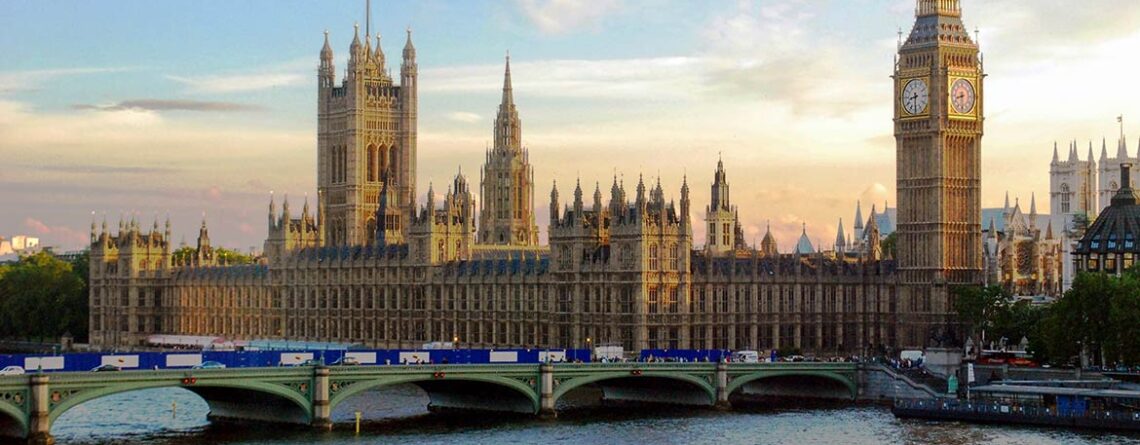UK. The Pensions Regulator’s new criminal powers – how worried should companies and pension scheme trustees be?
The Pension Schemes Act 2021 (Act), which came into force on 11 February 2021, introduced new criminal offences to bolster the Pensions Regulator’s moral hazard regime. Most notably, it will now be a criminal offence to engage in activity that has a materially detrimental impact on scheme benefits. The offence is punishable by an unlimited fine and up to seven years in jail. This offence operates alongside a civil penalty of up to £1 million.
In this article, we take a closer look at the Pensions Regulator’s powers to impose criminal sanctions under the Act and how concerned companies with defined benefit (DB) schemes, and the trustees of those schemes, should be.
New criminal offences under the Act
Under the Act, the following will now be criminal offences:
- Engaging in activity that has a materially detrimental impact on scheme benefits. The offence carries the risk of an unlimited fine and up to seven years in jail.
- An act or failure by a person intended to prevent the recovery of a Section 75 debt1 (being the deficit in the scheme measured on the basis that members’ benefits are secured with an insurance company). A person found guilty could face up to seven years’ imprisonment or an unlimited fine.
- (Note: a person in this context can be anyone (including the employer, the scheme trustees and their advisers) unlike the Pensions Regulator’s moral hazard powers which are exercisable only against an employer participating in the scheme or anyone connected or associated with the employer).
- Failure to pay sums due under a contribution notice. The offence is punishable by an unlimited fine.
- Providing the Pensions Regulator with information which is materially false or misleading in relation to prescribed matters. A person found guilty of this offence could be faced with a fine and/or up to two years in prison.
Read more @JD Supra
391 views










